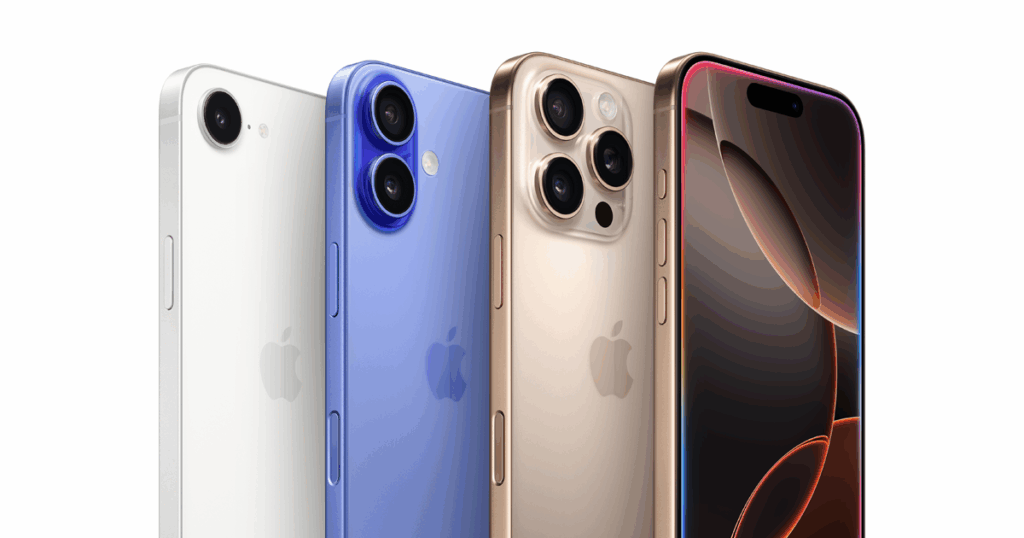Apple’s quiet race to replace Google Search with its own AI
Apple is quietly building a powerful AI answer engine to catch up with ChatGPT, after years of downplaying chatbot demand.

Apple occasionally seems out of step with public sentiment, particularly when it comes to AI. A revealing example, highlighted by Bloomberg’s Mark Gurman in his Power On newsletter, involves Apple’s initial reluctance to build a ChatGPT-style chatbot for the iPhone.
Engineers within Apple’s AI division reportedly concluded that creating such a chatbot was unnecessary. Executives in both software and marketing agreed, suggesting there was only limited consumer interest in these tools.
However, chatbots have already demonstrated strong capabilities in answering user queries—something Siri still struggles with. While Siri can manage simple phone tasks, such as setting timers and alarms, it falls short in terms of the depth and accuracy of modern generative AI models.
Currently, Siri can redirect questions to ChatGPT, but only with user consent on a case-by-case basis. The responses, however, are brief and lack the detail found in the standalone ChatGPT app.
For richer answers, users are better off installing ChatGPT or Google’s Gemini directly. Siri’s limited integration does not extend to older models, such as the iPhone 15 or 15 Plus, which lack Apple Intelligence.
Users of these devices are strongly encouraged to install the AI apps manually for a more capable assistant experience. AI is also transforming search. Apple Services chief Eddy Cue has acknowledged that AI-driven search is the future.
Nonetheless, Apple remains financially bound to Google, which pays approximately $20 billion annually to be the default search engine on Apple devices. The US Department of Justice may soon intervene, potentially disrupting a partnership crucial to the growth of Apple’s Services division.
In a bid to modernise its search experience, Apple is developing its answer engine through an internal team known as AKI (Answers, Knowledge and Information).
The goal is to build a web-crawling system capable of delivering accurate responses to general knowledge queries, similar to what ChatGPT offers. Apple is considering deploying this answer engine not only within Siri but also across Spotlight and Safari.
A standalone app may also be developed to complement these efforts. Apple has also shown interest in external AI tools, such as Perplexity. Its iOS app, boasting a near-perfect rating from almost 230,000 reviews, promises clear, up-to-date answers, a long-time demand from users frustrated with Siri’s limitations.
The success of Apple’s in-house AI search project will be closely watched. Many iPhone users are hopeful that the next wave of AI tools will finally deliver the intelligence and responsiveness long expected from Apple’s digital assistant.
Would you like to learn more about AI, tech and digital diplomacy? If so, ask our Diplo chatbot!
